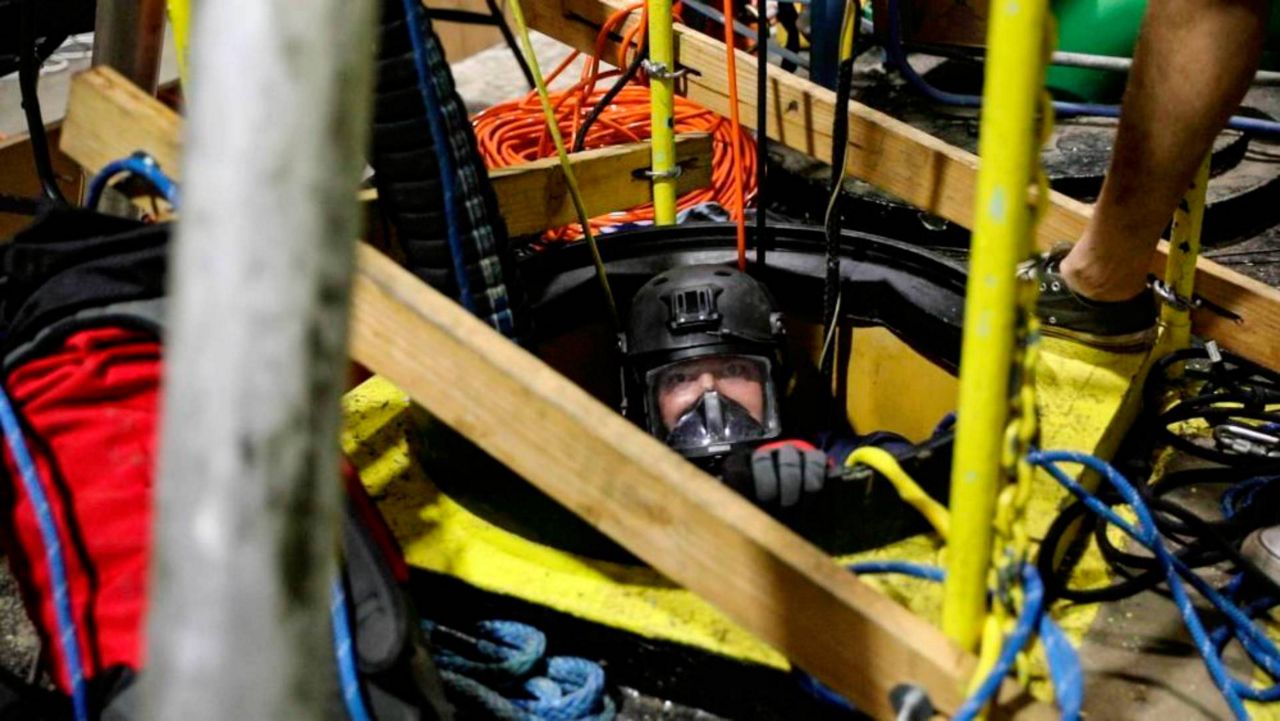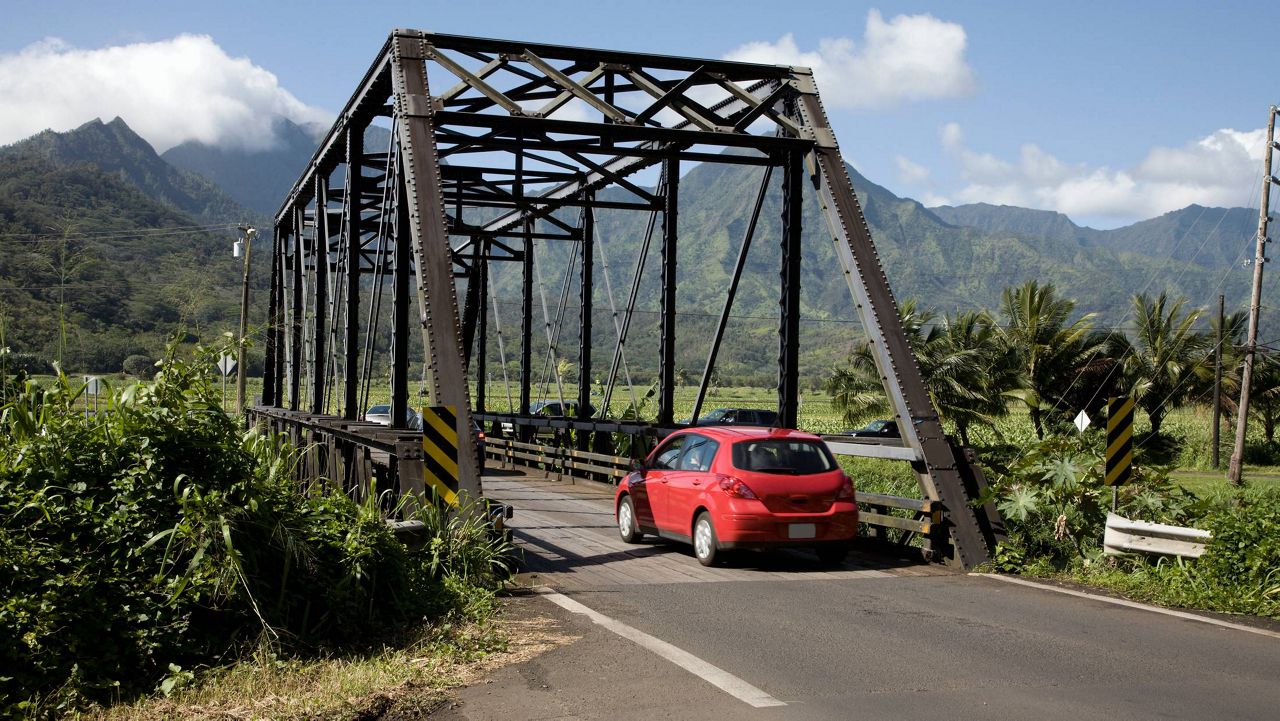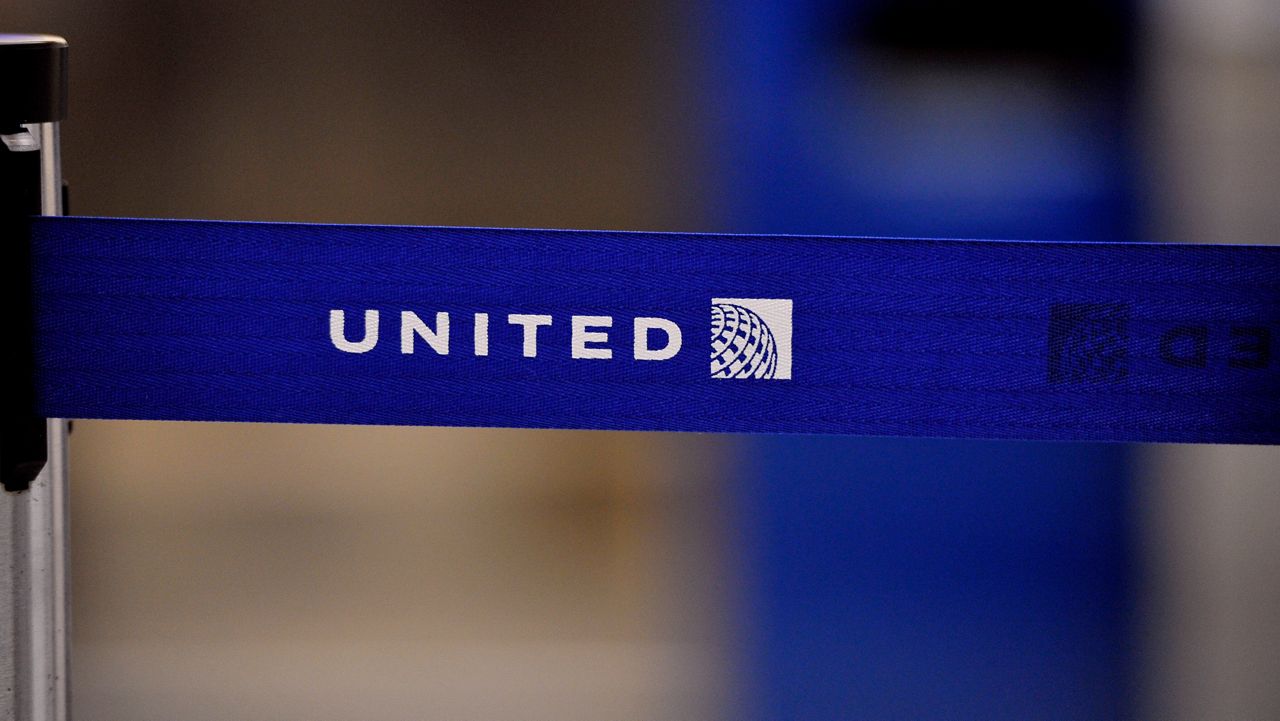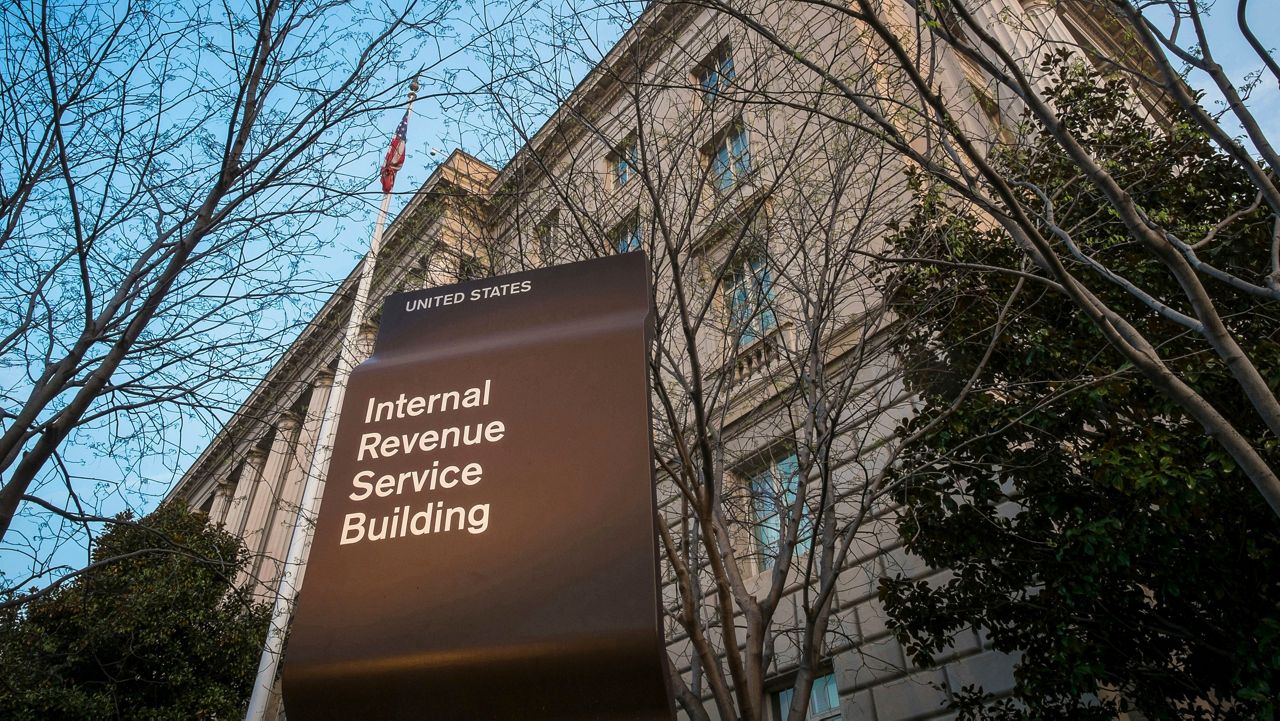HONOLULU — A class-action lawsuit was filed Friday on behalf of residents who use the Navy’s water system and were affected when it was contaminated by a fuel leak that came from the Red Hill Storage Facility.
The class-action lawsuit was filed in the First Circuit Court in the state of Hawaii and is led by three residents of military housing: Michael Casey, Payton Lamb and Jamie Williams. The case represents everyone who was leasing housing in Ohana Military Communities, Hunt Military Communities, Island Palm Communities and Hickam Communities, which are all military units near Joint Base Pearl Harbor-Hickam.
The defendants full names were not identifiable, according to the compaint, and therefore are not specifically named. The suit said the defendants might include agents, attorneys, servants, employees, employers, representatives, co-venturers, co-conspirators, associates, or independent contractors associated with the housing units.
The plaintiffs are seeking damages for being “forcibly evicted from their homes due to contaminated drinking water caused by fuel leaks associated with the Red Hill Bulk Fuel Storage Facility ('Red Hill') maintained by the United States Department of the Navy,” according to the complaint filed Friday.
The suit said at least 2,000 tenants have had to leave their homes.
Michael Green, one of the lawyers representing the plaintiffs, told Spectrum News Hawaii on Monday that they filed an arbitration case against the landlords and property managers of the affected properties.
“In turn, they have to bring in the Navy,” Green said. The Navy would then become a third-party in the case.
The lawsuit alleges that the plaintiffs were not “sufficiently protected from the risk of fuel contamination associated with repeated leaks of petroleum fuel from the United States Department of the Navy’s Red Hill Bulk Fuel Storage Facility.”
The Navy’s Red Hill Storage Facility was built underground during the 1940s in order to store jet fuel for military purposes, and it is located about two miles northeast of Pearl Harbor. The tanks at Red Hill have leaked oil numerous times since being built, including a 27,000-gallon leak that the Navy reported in 2014. In late December, the Navy acknowledged — during a contested case hearing over whether the Navy is obligated to drain the tanks — that fuel leaked from Red Hill into the ground in May and November 2021.
On Dec. 10, it was confirmed that the Red Hill Shaft, which is one of three wells the Navy uses to supply water to its housing communities and base, was contaminated with petroleum levels 350 times the safe drinking limit. The confirmation came after residents said they smelled gasoline in their tap water and experienced physical symptoms such as nausea, rashes and vomiting from consuming and bathing in the water.
“The Navy wants to say that we only found out in November. It has been going on for decades — the contamination and the leaks,” said Green. “The Navy wants to kind of push this aside. We will never let them do that.”
Green added that individuals who “suffered catastrophic medical issues, death, cancers, respiratory issues” will file separate cases in federal court.
“We're gonna go after the Navy in arbitration, and then we're going into federal court on the injuries that we find or that our experts tell us are related to the poison,” Green said.
Green said one good thing about arbitration is that it won’t take as long as a case in the courts.
Green also expressed shock that the Secretary of the Navy Carlos Del Toro came to Hawaii for the 80th anniversary of the attacks on Pearl Harbor in early December and acted like the fuel contamination “is an insignificant issue that they first learned about in November.”
“They knew about it for over two decades,” Green said. “They ignored it.”
Del Toro did not mention the water contamination in his keynote address on the 80th anniversary. However, he held a news conference on Dec. 6 and apologized for the contamination, saying the Navy was committed to rebuilding trust. He also said operations at Red Hill storage facility were temporarily suspended.
Del Toro said in a letter dated Jan. 1 that “Hawaii has always placed great trust in our Navy … I know that the Navy must earn that trust each and every day — this is very personal to me.”
“Your trust has been challenged with this past month’s drinking water contamination, and we know it is up to the Navy to repair that trust,” the letter continued.
Del Toro said in the letter that the Navy was now working with federal, state, local and Native Hawaiian leaders to address community issues. He also said the Navy is holding daily briefings on Facebook to provide new information, and he highlighted online resources for lodging assistance, medical care, family support, and other frequently asked questions.
The letter also said the Navy continues to work to clean the contaminated water.
Del Toro's letter did not address the class-action lawsuit or the Navy’s recent objections to the ruling in the contested case hearing, which said the Red Hill fuel tanks must be drained.









